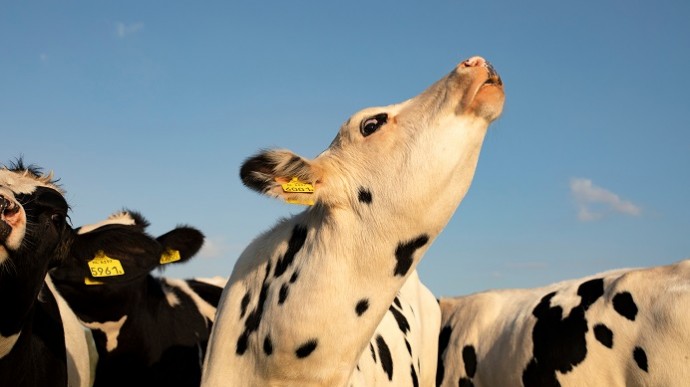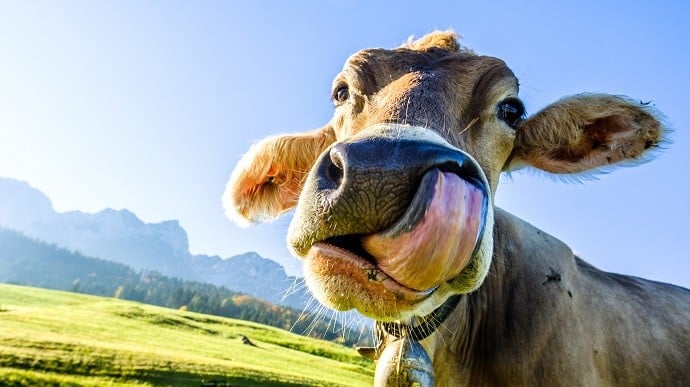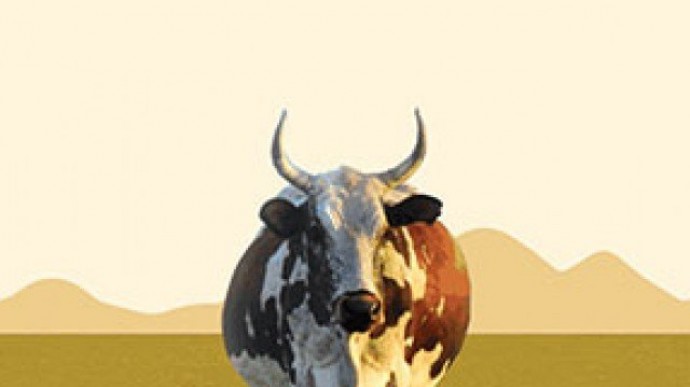
Professor Esté van Marle-Köster graduated with a degree in Animal Science from the University of Pretoria (UP) in 1986. She also holds an honours in Animal Science and an MSc (Agric), having conducted her postgraduate studies part-time while working full-time in the industry.
Prof Van Marle-Köster returned to UP to do her PhD, and joined the University as a lecturer in July 1995. She has been doing research at UP for the past 27 years.
“I’ve always believed that I joined the best Animal Science Department in South Africa when I came back to UP,” she says. “I was given the opportunity to do the first molecular genetics work applied to livestock as an animal scientist. Our department was the first in the country to teach a module in applied molecular genetics. We hosted the first livestock genomic workshop in South Africa, which led to the establishment of a genomic livestock consortium for beef cattle.” It also led to the SA Beef genomic programme (BGP), where Prof Van Marle-Köster coordinated the research committee.
Animal science is all about responsible and sustainable food production, she says. In her research, Prof Van Marle-Köster focuses on traits related not only to production, but to the welfare of animals too. Sound animal husbandry results in longevity in animals and increases the overall efficiency of the system, she adds; it also improves sustainability.
“I am interested in what we refer to as ‘new’ traits/phenomes. They are not really new, but difficult to measure, so we are searching for new ways to measure. For example, we search for ways to measure claw traits in dairy cattle, which is difficult to do, but if we could measure using precision livestock farming techniques, I can have access to large datasets to apply in research. That way, we can select cattle with ‘good’ claws and manage the environment of these cows for improved claw quality.”
As to how her research contributes to the betterment of the world, she says: “The answer to a better world with regard to livestock production and feeding the human population lies in multidisciplinary projects, where we can share resources and find solutions to improve the whole value chain.”
Within her department, she leads applied genetic research in beef and dairy cattle. She is project leader for the African Genomics Project, for which she and her research team are collaborating with the Ludwig Maximilian University of Munich and Queen Mary University of London to sequence local beef cattle genomes. The aim is to investigate underlying genetic mechanisms for adaption in these breeds.
In terms of cross-faculty research at UP, she is collaborating with Prof André Ganswindt, Director of UP’s Mammal Research Institute (MRI), on studies about animal behaviour and physiology. Prof Van Marle-Köster is also involved in the PLF project with Prof Herman Myburgh of the Department of Electrical Engineering; this project aims to automate body condition scoring and detect lameness in dairy cows.
Her latest project is to do with monitoring the behaviour and water intake of commercial feedlot cattle, and measuring their stress. This is another collaboration with Prof Ganswindt and the MRI.
Prof Van Marle-Köster’s father was also an animal scientist, who inspired her to think beyond the “basic science” to see that what is done in livestock production has consequences.
“You cannot do animal science in isolation,” she says. “Our research will contribute only if there is context.”
She hopes to inspire young animal scientists with her research, which matters, she says, because it provides a good base for postgraduate students and will hopefully lead to more opportunities for them. Her advice to school learners or undergraduates who are interested in her field is to read widely for a better understanding of the world before narrowing their interests down.
In her spare time, Prof Van Marle-Köster enjoys listening to music, reading and going for long walks.
 Story
Story
A University of Pretoria (UP) study has shown that playing soothing classical music to dairy cows lowers their stress levels and increases their milk production.
 Gallery
Gallery
Take a look at what happened behind the scenes to help a University of Pretoria researcher figure out that cows love classical moo-sic.
 Story
Story
Southern Africa’s Nguni, Afrikaner, Drakensberger and Bonsmara cattle are unique and well suited to the climate of southern Africa. University of Pretoria researchers are using the history and favourable genetics of these breeds to increase productivity and food security.
Copyright © University of Pretoria 2025. All rights reserved.
Get Social With Us
Download the UP Mobile App